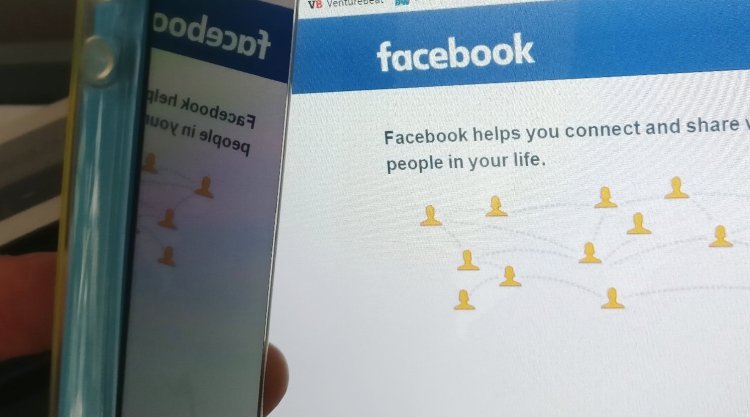Newly uncovered documents show that in the days immediately following the fatal shooting of Philando Castile by a Minnesota police officer, state authorities sought access to private messages and photos belonging to Castile’s girlfriend, Diamond Reynolds. Reynolds famously livestreamed the aftermath of Castile’s shooting on Facebook.
Facebook, the documents show, refused to comply with the warrant on the grounds that it included a clause preventing Facebook from discussing the warrant. Facebook argued that this gag order was unconstitutional, and the warrant was ultimately withdrawn. The warrant and Facebook’s communications with authorities were obtained through a public records request by Tony Webster, a Minneapolis-based programmer and activist.
https://twitter.com/webster/status/877293727504584705
The warrant included language suggesting the search could uncover “criminal activity during and/or after” the shooting. Castile was killed after being stopped for a broken tail light, while reaching for his identification.
June 5th: The AI Audit in NYC
Join us next week in NYC to engage with top executive leaders, delving into strategies for auditing AI models to ensure fairness, optimal performance, and ethical compliance across diverse organizations. Secure your attendance for this exclusive invite-only event.
Reynolds’ attorney at the time described this and other search warrants as “fishing expeditions,” and critics have said such searches are intended to discredit victims of police violence.
According to the Minneapolis Star-Tribune, similar searches were not conducted of the social media accounts of Jeronimo Yanez, the officer who shot Castile and was acquitted of wrongdoing on June 16th.
According to the Star-Tribune, while Facebook fought the search warrant, Apple complied with a similar request for Castile and Reynolds’ iCloud records.
This story originally appeared on Fortune.com. Copyright 2017

